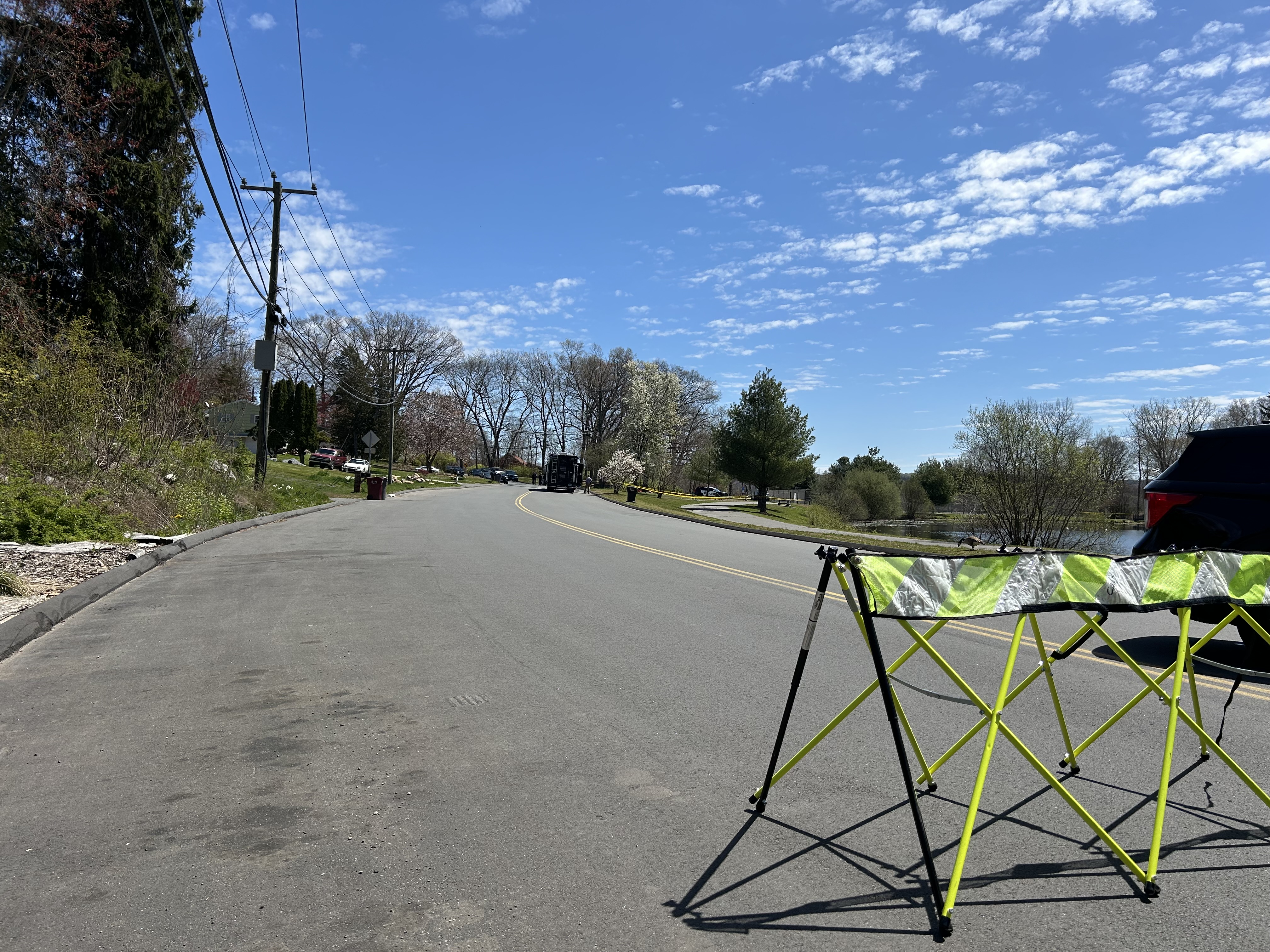The did the crime and paid the time. Now, some Connecticut lawmakers say convicted felons deserve a second chance.
“Many of them do exactly what we want them to do and yet they’re still saddled with all that comes with having a record,” said Sen. Gary Winfield of New Haven.
Last year, Winfield sponsored a bill to automatically erase all misdemeanors off a person’s criminal record after three years, provided they had not re-offended. The bill also called for Class C and D felonies to be erased after five years.
The bill was voted on in committee but never made it to the General Assembly. Winfield said he’s working on writing a new version that he hopes will get a full vote.
Those who’ve spent time behind bars say it’s hard to get your life back on track when you’ve got a criminal record hanging over your head.
Janice Murray said she was last picked up for heroin possession in the late 90s.
“I have not been incarcerated for the last 17 years but I still have a felony on my record,” she explained.
She said that criminal conviction has followed from job interview to job interview.
“The door has been shut on me over 13 or 14 times in the last 12 years,” she recalled.
Experts say criminal records are in many ways roadblocks.
“They still have difficulty getting housing or different kinds of student loans or access to universities,” said Emily Lehrman of CONECT.
Congregations Organized for a New Connecticut, or CONECT, is pushing to get all felonies, except for violent crimes, included in the clean slate bill.
“We never intended a criminal sentence to be a lifetime sentence. Right now it is for many people,” said Lehrman.
Gov. Ned Lamont has sponsored a bill to automatically erase some criminal records, like lower-level drug convictions, after seven years. However, a bill supported by some Democrats last year went much further, expunging all misdemeanor records in three years and half of felonies after five.
The governor’s bill is significantly different,” Winfield pointed out.
Winfield said he hoped to sit down and craft a new bill together with Lamont’s administration.
In a statement, Lamont’s Communications Director Max Reiss told NBC Connecticut, “Connecticut must take the appropriate steps to ensure that our residents who have served their time have access to opportunities in housing and employment, without being held back by their pasts. We look forward to a comprehensive discussion on a path forward...”
However, other lawmakers worry an important person is being left out of the conversation.
“It really shuts out the victims. The victims don’t have a voice in the process,” said Rep. Rosa Rebimbas, of Naugatuck.
The ranking House Republican on the Judiciary Committee, Rebimbas pointed out that the pardon and parole committee already expunges records through an application process.
"It's not that we don't have a process in place, we actually do,” she said. "There are certainly some very good reasons why some individuals who go before that board certainly their criminal records are erased and there's probably a very good reason why some others are denied and we have to be cognizant of that."
Murray is starting a non-profit to help other women turn their lives around, and hopes the state will also let them leave their mistakes in the past.
“When you come out of that type of lifestyle and you really want to get your life together and the doors keep slamming in your face most people say forget it I might as well go back to living the life that I know.”



